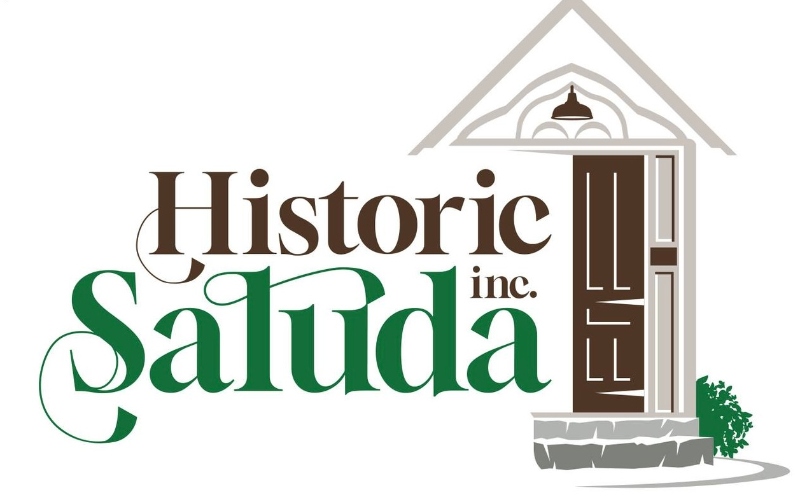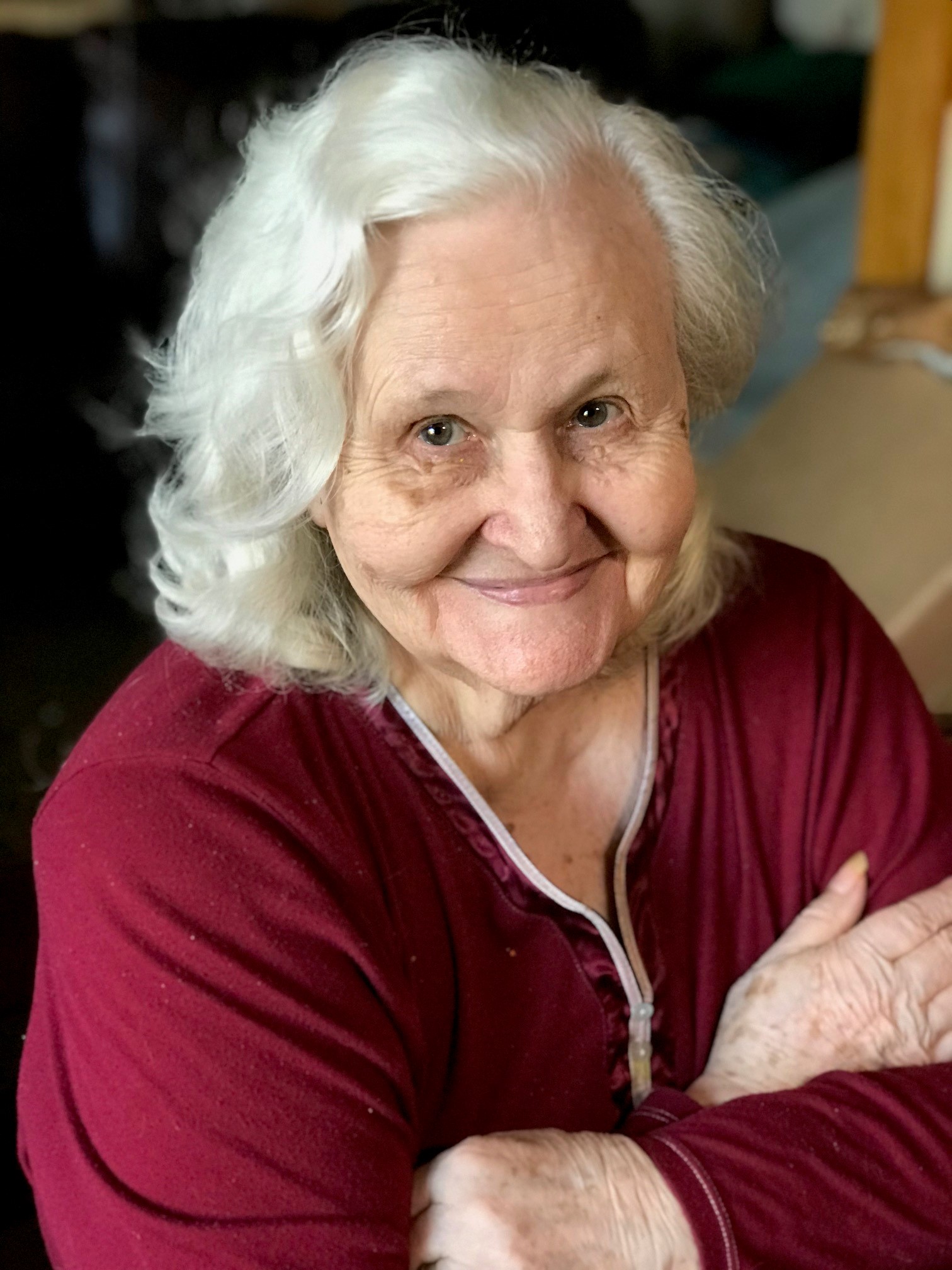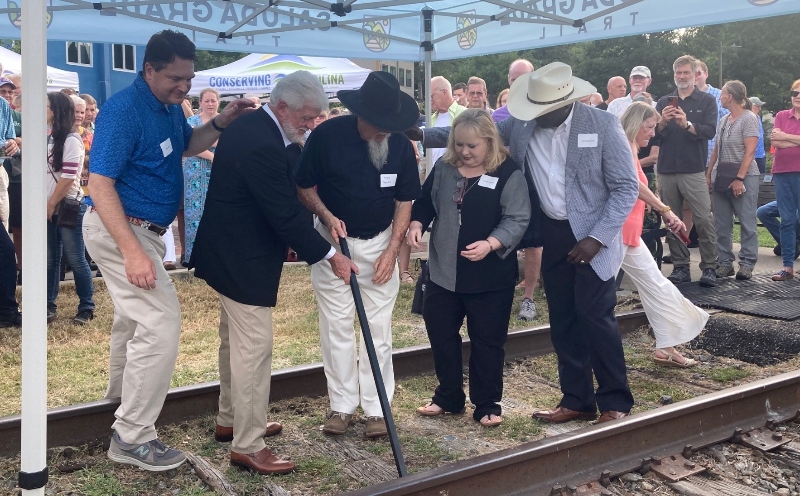Native American Heritage Month
Published 8:00 am Tuesday, November 1, 2022
|
Getting your Trinity Audio player ready...
|
November is Native American Heritage Month, a time to celebrate rich and diverse cultures, traditions, and histories and to acknowledge the important contributions of Native people. Here are some great books to check out that were written by Native American authors or that highlight Native history and culture.
KIDS
Trending
We Are Grateful: Otsaliheliga by Traci Sorell, illustrated by Frane Lessac
The Cherokee community is grateful for blessings and challenges that each season brings. This is modern Native American life as told by an enrolled citizen of the Cherokee Nation. The word otsaliheliga (oh-jah-LEE-hay-lee-gah) is used by members of the Cherokee Nation to express gratitude. Beginning in the fall with the new year and ending in summer, follow a full Cherokee year of celebrations and experiences.
Who Were the Navajo Code Talkers? by James Buckley Jr., illustrated by Gregory Copeland
By the time the United States joined the Second World War in 1941, the fight against Nazi and Axis powers had already been underway for two years. In order to win the war and protect its soldiers, the US Marines recruited 29 Navajo men to create a secret code that could be used to send military messages quickly and safely across battlefields. This book explains how these brave and intelligent men developed their amazing code, recounts some of their riskiest missions, and discusses how the country treated them before, during, and after the war.
Trending
TEENS
Hearts Unbroken by Cynthia Leitich Smith
When Louise Wolfe’s first real boyfriend mocks and disrespects Native people in front of her, she breaks things off. It’s her senior year anyway, and she’d rather spend her time with her family and friends and working on the school newspaper. The editors pair her up with Joey Kairouz, the ambitious new photojournalist, and in no time the paper’s staff find themselves with a major story to cover: the school musical director’s inclusive approach to casting The Wizard of Oz has been provoking backlash in their mostly white, middle-class Kansas town.
Walking in Two Worlds by Wab Kinew
In the real world, Bugz is a shy and self-conscious Indigenous teen who faces the stresses of teenage angst and life on the Rez. But in the virtual world, her alter ego is not just confident but dominant in a massively multiplayer video game universe. Feng is a teen boy who has been sent from China to live with his aunt, a doctor on the Rez, after his online activity suggests he may be developing extremist sympathies. Meeting each other in real life, as well as in the virtual world, Bugz and Feng immediately relate to each other as outsiders and as avid gamers. And as their connection is strengthened through their virtual adventures, they find that they have much in common in the real world, too.
ADULTS
The Heartbeat of Wounded Knee: Native America from 1890 to the Present by David Treuer
The received idea of Native American history has been that American Indian history essentially ended with the 1890 massacre at Wounded Knee. Growing up Ojibwe on a reservation in Minnesota, training as an anthropologist, and researching Native life past and present for his nonfiction and novels, David Treuer has uncovered a different narrative. Because they did not disappear, the story of American Indians since the end of the nineteenth century to the present is one of unprecedented resourcefulness and reinvention.
My Heart Is a Chainsaw by Stephen Graham Jones
In her quickly gentrifying rural lake town, Jade sees recent events only her encyclopedic knowledge of horror films could have prepared her for. On the surface is a story of murder in small-town America. But beneath is its beating heart: a biting critique of American colonialism, Indigenous displacement, and gentrification, and a heartbreaking portrait of a broken young girl who uses horror movies to cope with the horror of her own life.
Jen Pace Dickenson is the Youth Services Librarian for Polk County Public Libraries. For information about the library’s resources, programs, and other services, visit polklibrary.org or call (828) 894-8721.






